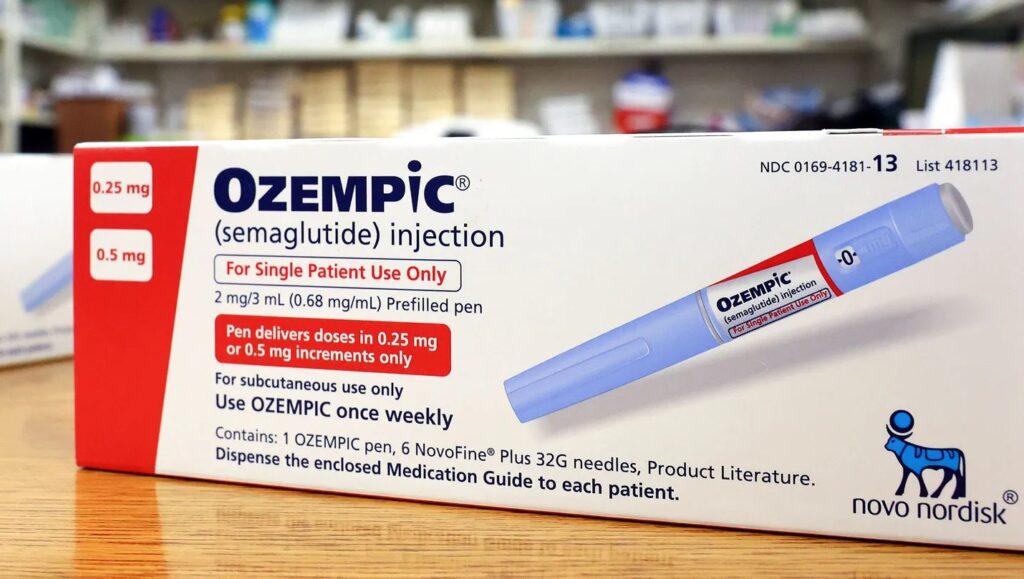11/02/2024
11/02/2024

SWEDEN, Feb 11: A recent nationwide study conducted by the prestigious Karolinska Institutet in Sweden, published in the journal Gut, has unveiled promising findings regarding the use of Ozempic and similar GLP1 agonists. The study suggests a potential link between these medications and a reduced likelihood of cirrhosis and liver cancer among individuals grappling with type 2 diabetes and chronic liver disease.
GLP1 agonists like Ozempic are primarily prescribed to lower blood sugar levels and manage type 2 diabetes. However, their capacity to curb appetite has led to their increasing utilization in treating obesity, rendering them popular as weight-loss aids.
Early clinical trials had hinted at the possibility of GLP1 agonists mitigating the risk of liver damage. Building upon this premise, researchers at the Karolinska Institutet embarked on a register-based study encompassing all individuals in Sweden with concurrent chronic liver disease and type 2 diabetes. Their objective was to scrutinize the comparative risk of severe liver damage between those who administered GLP1 agonists and those who were not. Encouragingly, the results revealed that individuals on long-term GLP1 agonist therapy exhibited a diminished risk of developing advanced liver diseases such as cirrhosis and liver cancer.
First author Axel Wester, an assistant professor at the Department of Medicine, Huddinge, Karolinska Institutet, underscored the significance of these findings. He highlighted the prevalence of fatty liver disease among the Swedish populace, affecting nearly one in five individuals, many of whom also contend with type 2 diabetes. Wester emphasized the scarcity of approved medications to mitigate the associated risks, making the study's revelations particularly pertinent.
However, the study did encounter some limitations, notably the cessation of GLP1 agonist intake by several participants, leading to a loss of the protective effect observed. Nevertheless, those who persisted with their medication regimen over a decade demonstrated a notable halving in the risk of severe liver disease.
Wester acknowledged the need for further validation of these findings through clinical trials, acknowledging the protracted timeline such endeavors entail. In the interim, leveraging existing registry data offers insights into the potential therapeutic efficacy of GLP1 agonists.
Looking ahead, the researchers plan to delve deeper into this realm using the newly established HERALD database, which provides access to crucial blood samples. Hannes Hagström, the study's last author and a consultant in hepatology at the Karolinska University Hospital, expressed optimism about this forthcoming investigation. Should their findings corroborate the study's outcomes, it could substantiate the hypothesis that GLP1 agonists hold promise in reducing the risk of severe liver disease among affected individuals.
The study, titled "Glucagon-like peptide-1 receptor agonists and risk of major adverse liver outcomes in patients with chronic liver disease and type 2 diabetes," was authored by Axel Wester, Ying Shang, Emilie Toresson Grip, Anthony A Matthews, and Hannes Hagström, and was published on January 30, 2024, in Gut.


